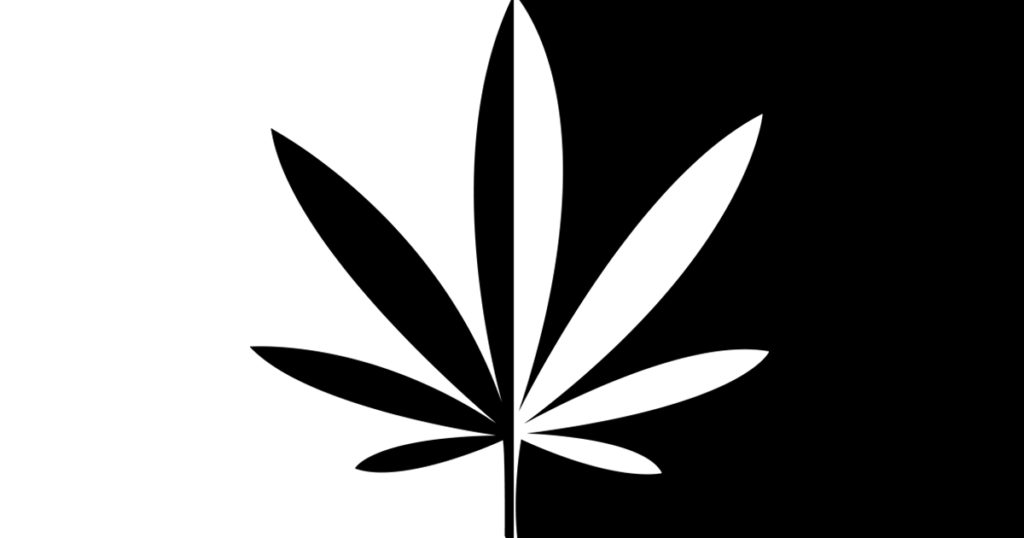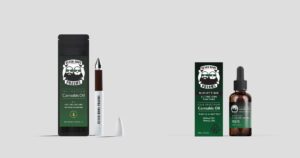 Why is the NAACP No Longer a Reliable Ally in the Fight for Cannabis Reform?
Why is the NAACP No Longer a Reliable Ally in the Fight for Cannabis Reform?
This past Saturday, Illinois Governor J.B. Pritzker announced a new piece of legislation that will effectively legalize the recreational adult use and possession of cannabis for all residents ages 21 and up. Expected to take effect by the first day of 2020, the bill would make Illinois the 11th state to take the leap to legal weed.
Notable parts of the bill include a provision to expunge – reduce or eliminate – as many as 800,000 prior cannabis-related convictions as well as language stating that those convictions cannot preclude anyone from getting a job in the new state-regulated cannabis industry.
“We are taking a major step forward to legalize adult use cannabis and to celebrate the fact that Illinois is going to have the most equity-centric law in the nation,” said the governor at a weekend press conference, adding, “For the many individuals and families whose lives have been changed ― indeed hurt ― because the nation’s war on drugs discriminated against people of color, this day belongs to you too.”
In support of the bill are most of the state’s majority Democratic lawmakers, as well as advocacy groups.
Those opposed include the same tired alliance of law enforcement groups, religious leaders, Republicans, and the dorks at Project SAM. But this dwindling coalition found a new ally in Illinois in the local Springfield chapter of the National Association for the Advancement of Colored People (NAACP) who has come out strongly against legalization in the state.
In Illinois, black residents are 8.5x more likely to be arrested for cannabis possession than whites. Last summer, for example, 94 people were busted in the city of Chicago for possession of weed. Of that number, 76 were black, 16 were hispanic, and just 2 were white.
So, you’d think that the NAACP would be in favor of change, but these days it’s hard to figure out exactly where this prominent pilot of social justice stands on cannabis.
THE FOREST FOR THE TREES
Between the years 2001 and 2010, cops in America made over 8 million cannabis-related arrests – or 1 every 37 seconds.
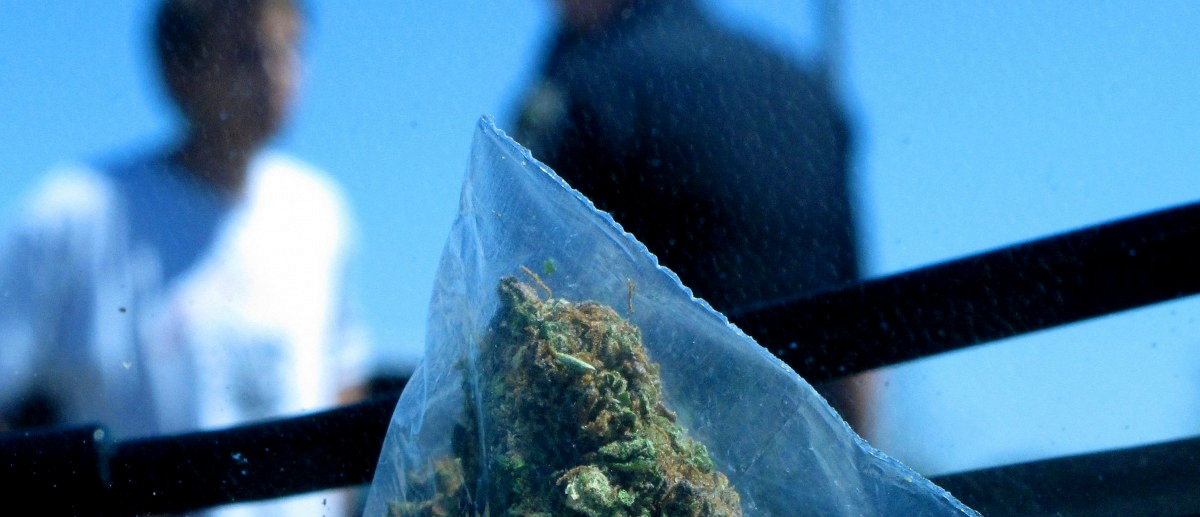
These senseless charges not only put a financial strain on the criminal justice system and diverted limited resources away from fighting real crimes, but they ruined the lives of countless non-violent citizens many of whom have faced years of discrimination when applying for housing or jobs or anytime they are forced to confront their past.
Worse yet, the ACLU estimates that while white people and black people have always tended to use cannabis in relatively equal ratios, on a nationwide average, black people were more than 3.7x more likely to be arrested for weed than their white counterparts. Even to this day, that shameful number more than doubles in some of the most backward parts of this country, as we see in Illinois.
Around the end of 2010, thriving medical marijuana markets in progressive states like California and Oregon gave way to real talk of adult use cannabis reform – what we pictured as actual legalization.
There were many potential benefits to legalizing cannabis, not the least of which was our hope that we might finally stop seeing people go to jail for a plant.
In these early days of reform, the NAACP seemed to be on board for that same reason. They saw how the War on Drugs, and on marijuana in particular, was ravaging their own communities and shackling their youth with a new form of slavery – criminal records that would weigh them down for the rest of their lives.
In 2010, when California cannabis advocates were lobbying for Prop 19 (which ultimately failed), they found a powerful ally in the state’s influential NAACP chapter which gave the legislation its “unconditional endorsement”.
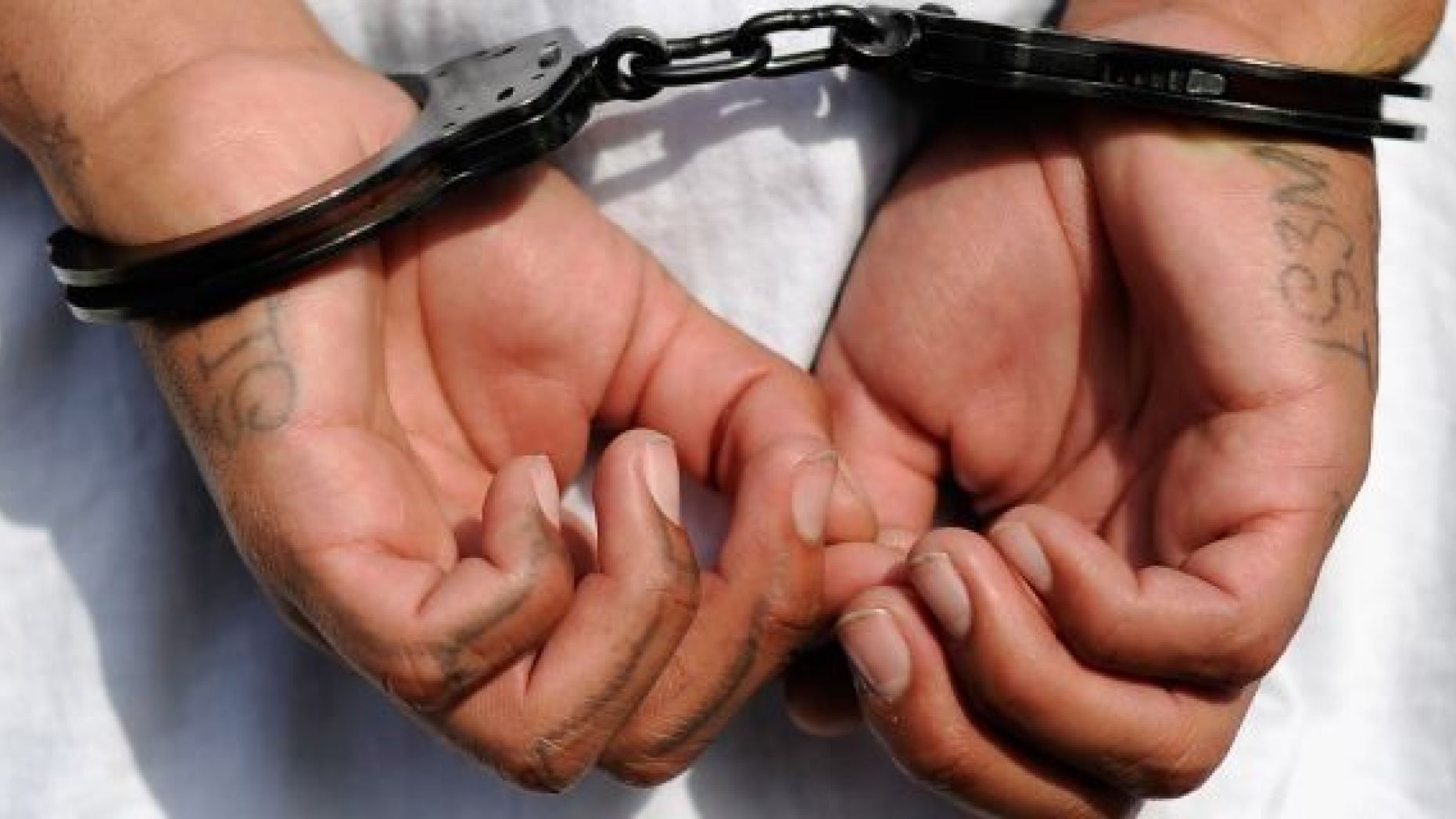
At that time, more than 60,000 Californians were being arrested every year on minor weed possession charges and even though hispanics and blacks made up only 44% of the state’s total population, more than 56% of those arrests were of people of color.
Then-president of the Cali chapter of the NAACP, Alice Huffman, went on record saying, “We have empirical proof that the application of the marijuana laws has been unfairly applied to our young people of color. Justice is the quality of being just and fair and these laws have been neither just nor fair.”
The group once again lent its support to Prop 64 in 2016, this time seeing success on that fateful Election Day.
But before that, and even without the more recent demands for accompanying criminal justice reform like expungement, local NAACP chapters were just as vocally supportive of recreational adult-use cannabis laws in the trailblazing states of Colorado, Oregon, and Washington – employing the same common-sense argument that keeping weed illegal is a driver for social unrest as police continue to pick the low hanging fruit instead of challenging actual criminals.
The domino effect of cannabis reform that we have been witnessing from state to state has been consistently complemented by frontline support from the NAACP. . . until recently.
THE ENEMY OF MY ENEMY
Of the ten states that have already legalized the recreational use of cannabis, most of them enjoyed strong support from their local NAACP chapters. In full disclosure, we couldn’t find any headlines from Alaska, Vermont, or Maine, but we’re guessing the NAACP isn’t a major player in those rural states.
But more recently as with Michigan the most recent state to join the adult-use club, and in Illinois who hopes to be next, local chapters of the NAACP have become combatively opposed to cannabis legalization measures and their once-logical arguments have devolved into borderline rants fit more for an unwanted remake of Reefer Madness than for an honest discussion about marijuana.
President of the Springfield (Ill.) chapter of the NAACP, Theresa Haley, has vehemently expressed her opposition to the governor’s announcement this past weekend, going so far as to call cannabis legalization “a form of modern-day slavery”.
Haley is touting a retired radiologist from Peoria named Dr. Raymond Bertino who stated this week that,
“Blacks are slightly more prone to marijuana addiction. Marijuana interferes with education. It interferes with educational attainment. There is increased risk of psychosis.”
Sitting in a barber shop on Cook St., Haley warned that if cannabis becomes legal in Illinois, “I see more people walking around looking lost, homeless, in trouble with mental health issues, not knowing where to go for help. . . I see people losing their jobs. I see people going to prison. I see more people not being able to walk into businesses like this to get their hair cut.”
But Haley is not alone.
This past November, voters in the state of Michigan approved Prop 1, making them the 10th state in the nation to legalize and regulate recreational cannabis – but it didn’t come without a fight and the NAACP was there once again demonizing the plant and lobbying for its further prohibition.
Kamilia Landrum, deputy director of the Detroit branch of the NAACP, was quoted in the lead up to Election Day as saying, “Prop. 1 supports the very issues that are harming our neighborhoods and killing our families. This ballot initiative adds another layer to the systematic racism that has held our communities of color – particularly African Americans – in bondage for hundreds of years.”
Like Haley is claiming now in Illinois, Landrum warned that legal weed would somehow take jobs away from minority communities.
TAKE A STEP BACK
On its face, the sudden pushback from local NAACP chapters seems ill-conceived but this is not an organization known for knee jerk reactions or thoughtlessness.
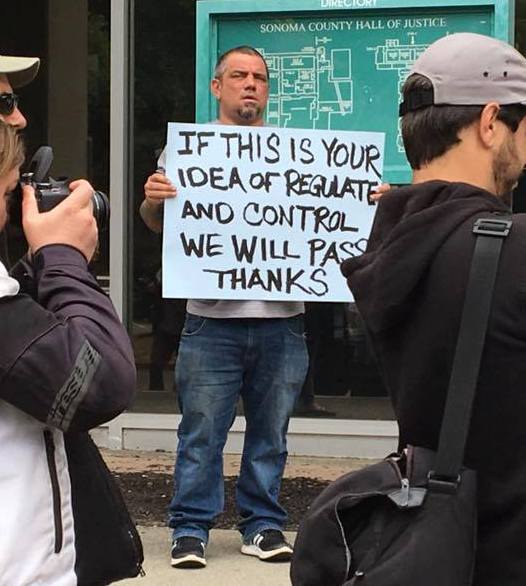
When you take a look at cannabis legalization in this country, it’s not exactly a pretty picture so far.
Yes, there are success stories, and yes fewer people are facing legal repercussions for weed, but of the ten states that have legalized adult-use marijuana, none of them made social equity a major foundational plank of their programs.
We see California struggling to shoehorn such measures in now, after the fact, and failing.
In New York, another state racing to join the legal weed bonanza, NAACP leaders have vowed to do their part to kill any proposed legislation that does not guarantee a share of the lucrative industry to people of color.
In Illinois, however, even a promise from Gov. Pritzker that 25% of the cannabis sales revenue will go directly into communities that have been impacted most by “discrimination in the prosecution of drug laws in the criminal justice system” is ringing hollow with black leaders.
Another startling fact that is beginning to emerge from our stunted data set from just five short years of legal weed in this country is that while cannabis arrests are dropping, they are not dropping equally.
A 2016 report for the Colorado Department of Public Safety revealed that while cannabis arrests of white people in the state had dropped over 50% since legal weed was implemented, blacks in the state were still being arrested 3x as often as their white peers.
DAMNED IF YOU DO, DAMNED IF YOU DON’T
I went into this article pretty set in my opinion and pretty frustrated by the about-face pulled by the NAACP here in the 11th hour of cannabis reform. But deeper research and some forced perspective have opened my eyes a bit wider to the fact that true social justice reform is a full-spectrum challenge.
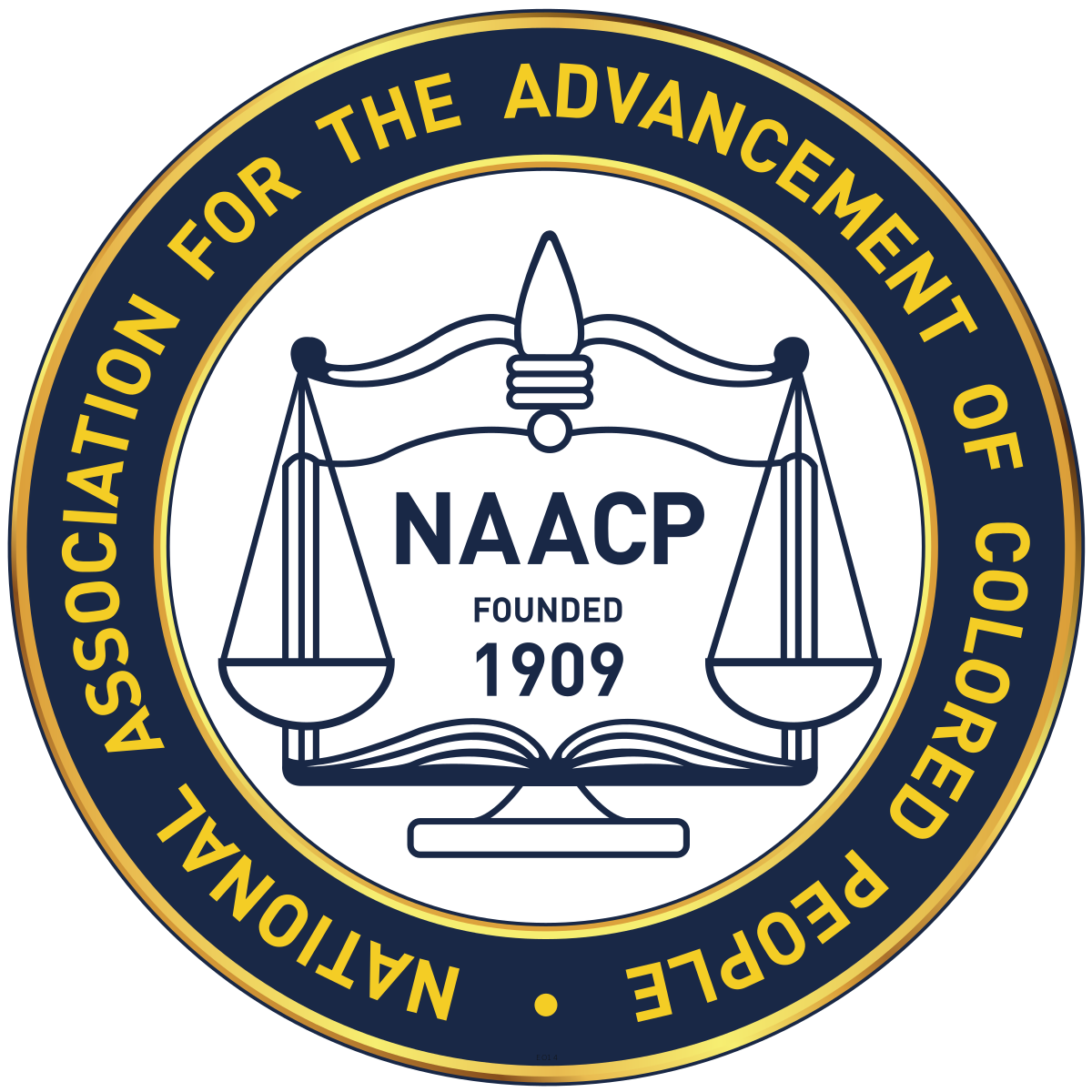
We reached out to the national headquarters of the NAACP to try to get their official stance on this highly contested issue, but we did not get a response to our request.
In Springfield, Theresa Haley pulled the curtain back a bit and stated that the national NAACP office doesn’t “want to dictate to us what we should say and how we should feel” on the topic of cannabis.
So, unfortunately, we don’t know exactly where the organization stands.
What we do know is that their position has changed over time, particularly when presented with empirical facts and evidence. This presents an excellent opportunity for cannabis advocates in battleground states to reach out to their local NAACP chapters to bridge the gap between their legitimate concerns and newly proposed legislation, as well as alleviate their minds of the creeping Reefer Madness re-run that does nothing to advance our cause or theirs.
===
Here at Beard Bros. Pharms & Beard Bros. Media, we spend anywhere from 40-60 hours each week collectively cultivating and creating the most compelling and insightful headlines from the grassroots of the cannabis culture. Every dollar that we can raise goes back into our media department to offset overhead, upgrade equipment, and attract more talented contributors. If you can afford an extra coffee-based beverage each month, buy one for us on our PATREON PAGE where you can donate $5/month, or any amount you can manage to help further our cause. If funds are tight, keep the cash and consider our efforts free education and entertainment. Advertising, donating, or simply sharing our work with a friend – we appreciate all forms of support!
Thank you to our Patreon supporters:
Red Eye District Podcast – Nick C – Neptune Seed Bank – Jackie P – Eric R – DealGrowz – Cannabis Corporate Law Firm – Anna P – Amanda T – Tyler B – Loki Lotion – Jennifer R – Barbie M – Eric G – Sarah H – Brian S – Vern B – Zachary – Elvira B – Kane O – Victoria B – Ron M – Bill F – Alex S
Keep updated on all the latest news and updates in the Cannabis industry here at Beard Bros Pharms by signing for our Friday Sesh Newsletter here. Always Dank and Never Spam!



